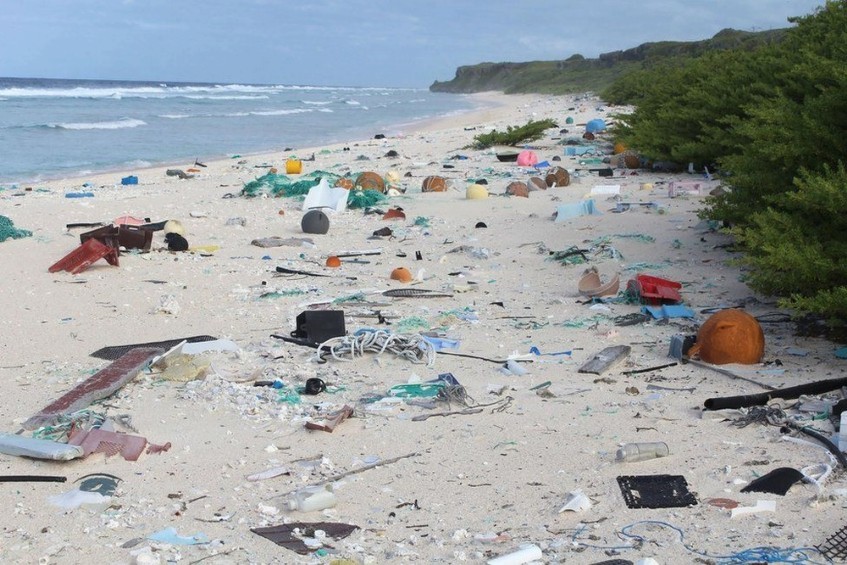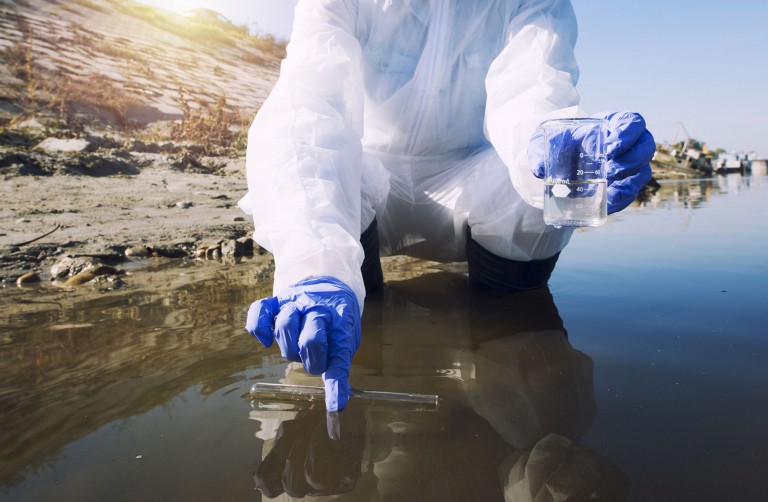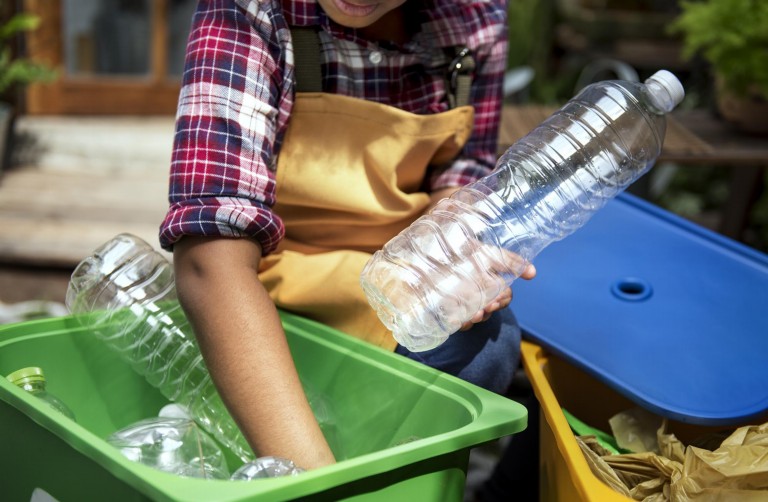
Close to powerful sea currents, the British Henderson, located 5,500 km off the coast of Chile, would be polluted by more than 37 million debris, according to scientists.
An uninhabited island in the South Pacific is the location with the highest density of plastic waste in the world. Henderson Island, part of the Pitcairn archipelago, a territory of the United Kingdom, has an estimated 37.7 million pieces of plastic on its beaches.
The reason? Henderson gets in the way of a sea current, and ends up receiving garbage thrown from ships and coming from the west coast of South America.
British and Australian scientists, who mapped the state of pollution on the island, hope that their study will make people "rethink their relationship with plastic". They estimate that there is a density of 671 items per square meter and a total of 17 tons. "A large part of the debris we found on the island was what we mistakenly call disposables," said biologist Jennifer Lavers, of the University of Tasmania (Australia).
The study, published in the scientific journal "Proceedings of the National Academy of Sciences", describes how the archipelago, more than 5,500 km off the coast of Chile, functions as a kind of "sink" for the world's waste, located near a "drain" called the South Pacific Giro - the largest sea current system on the globe. In addition to the remains of objects linked to fishing, the sands at Henderson are peppered with more familiar everyday items, such as toothbrushes, lighters and razors.
The scientist also said that a large number of plastic helmets, of the type used in civil construction, were found.
Dirt range
Henderson is on a list of places in the world recognized as a world heritage site by Unesco, the United Nations agency for Education, Science and Culture, which describes "untouched beaches" and "lush landscapes". An image that could not be more different from those disseminated by Lavers and colleagues.
"Almost every island in the world and almost every species in the ocean is being affected by our garbage in some way. No country and no person is unpunished," said the scientist.
Lavers explained that plastic is especially devastating for the oceans because it floats and is beyond durable - a bottle, for example, takes an average of 450 years to degrade.
Source: G1 Natureza


